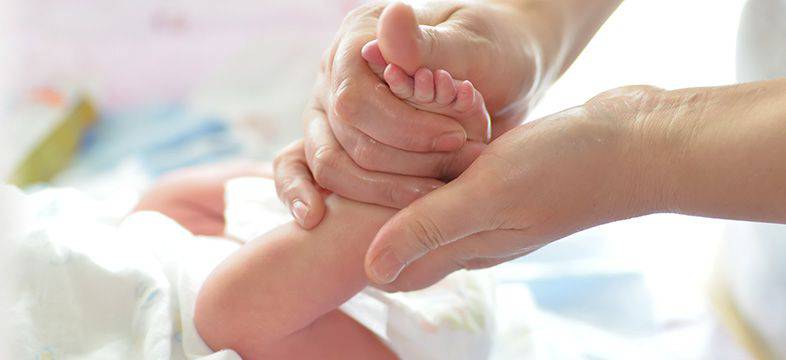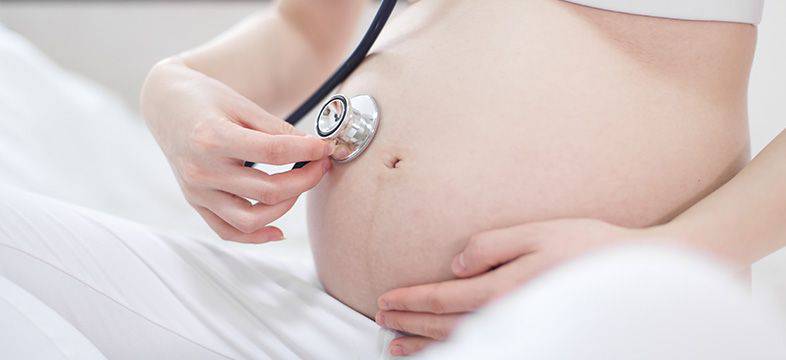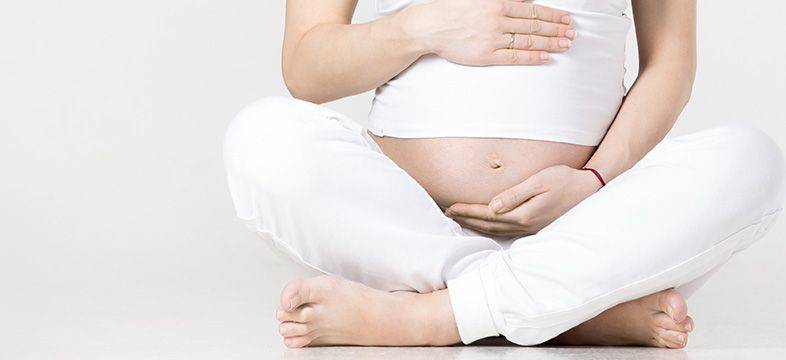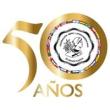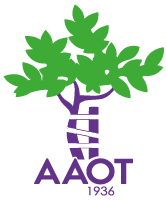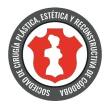Duration
15 Days
Recovery
Immediate
Anesthesia
Not required
Results
Consult
Hospital stay
Ambulatory
Price
USD 6,500
Oocyte Donation in Argentina
Oocyte Donation is used for women who cannot produce their own eggs or produce poor quality eggs incapable of forming a viable embryo.
This process involves the fertilization of the eggs with sperm from the patient's partner. The embryos develop in the laboratory and are transferred into the woman's uterus.
In what cases is Oocyte Donation applied?
It is applied in those cases where the woman that wants to achieve pregnancy presents absence of oocytes or major alterations in oocytes, making natural conception difficult.
It is also applied in the case of women who have had their ovaries removed after being treated for cancer or other serious disease, and those women who are potential transmitters of hereditary disorders.
Where do Donated Oocytes come from?
Oocytes are obtained from healthy women, aged less than 35 years. Donated oocytes come from voluntary women: In some cases, they donate their spare eggs after undergoing In Vitro Fertilization procedures and in some others, women agree to undergo the treatment with the intention of donating their eggs to who may need them. Oocyte Donation is anonymous.
Oocyte Donation Requirements
Sublimis considers that donation should be anonymous, respecting both the donor and recipient's physical characteristics. This means the recipient is provided with oocytes from a donor whose physical characteristics most closely resemble those of her (skin color, eye color, height, body build, etc.).
Likewise, blood group is matched as closely as possible to the characteristics of the intended recipient couple and we take all reasonable precautions against infectious diseases that could be transmitted.
The Donor and her Partner
Sublimis requires women who desire to receive donated oocytes to bring volunteers, not necessarily meaning the commitment of a direct exchange.
This donation requires mutual consent by both members of the couple, apart from communication and counseling that could guarantee the emotional stability of every person involved.
Medical Tests Required
The donor is required to undergo routine tests -pap smear and colposcopy-, blood group tests, tests to rule out HIV (AIDS) types I and II, B and C Hepatitis, Syphilis, and all other tests that could prevent the transmission of infectious or genetic diseases.
Once the donor has been accepted as such, the couple has to sign an informed consent agreement and once they have been assigned a recipient, we proceed to stimulate ovulation in order to obtain oocytes that will be fertilized with IVF or ICSI techniques.
The Recipient and her Partner
The recipient must be a woman -aged less than 45 years- previously diagnosed as infertile or subfertile. Both the recipient and he partner need to sign an informed consent and agree to obtain professional counseling that could guarantee the possibility of emotionally embracing this experience.
From this moment, the woman will be scheduled in order to bring the hormonal state of her organism to the exact levels to be able to receive the embryos that will be conceived in our laboratory.
During this time, hormone tests and ultrasound examinations will be done in order to assure her capacity of receiving embryos. It will be significant to control the state of the endometrial mucosa since, as previously mentioned, it will be very important for the capacity of embryo implantation.
The recipient's partner must also undergo the necessary tests to guarantee his sperm capacity.
What can be expected from Oocyte Donation?
At present, the pregnancy rate with this procedure is of approximately 50% per cycle.
The Decision to Undergo Oocyte Donation
Sublimis considers gamete donation an advanced and efficient procedure if performed under the appropriate emotional and security conditions. This implies that both parties should be fully informed so as to make a responsible decision, counting with emotional and psychological support as well, in an attempt to make this a positive life experience.
By means of this technique we are offering the chance of pregnancy to many couples whom adoption would remain otherwise the only option.
We wish couples could pursue this treatment through dialogue and consent or to give up their desire to have children and look for other alternatives, but only after having known, evaluated and decided among the range of possibilities modern Reproductive Medicine offers.
Gustavo Gallardo, M.D.
Professional Medical License: 6273
Specialty License: 7809
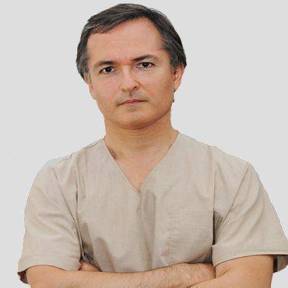
- Specialist in Gynaecology and Obstetrics
- Certified in Reproductive Medicine and Reproductive Biology, Pierre et Marie Curie University, Paris, France.
- Certified in High-Risk Pregnancy, Pierre et Marie Curie University, Paris, France.
Price
How much does a egg donation cost abroad? The reference price for a occyte donation in Argentina is USD 6,500 but this may vary according to the needs and requirements of each patient. Please fill in the form below to contact us and get your Free Quotation!
Our prices includes: post treatment consultations and controls; fertility specialist fee; surgery and recovery room; supplies and disposable materials. Bilingual assistant, accommodation and transfers are optional. Medication is not included. No hidden fees!
Learn everything you need to know about Medical Tourism in Argentina.
SEND US YOUR CONSULTATION

Related Treatments
Cryopreservation
Fertility treatments are usually performed using controlled ovarian hyperstimulation in order to obtain an adequate number of ovules and embryos. If more embryos than the ones needed are obtained, these embryos are preserved using a technique known as cryopreservation, through which embryos are preserved at very low temperatures.
ICSI
Intracytoplasmic sperm injection is a laboratory procedure developed to help infertile couples undergoing IVF due to male infertility or subfertility. ICSI is a form of micromanipulation that involves the injection of a single sperm directly into the cytoplasm of a mature egg using a glass needle.
In Vitro Fertilization
The IVF process consists in fertilizing an egg with sperm in a laboratory. However, the fertilizing process is completely natural since approximately 50,000 sperm are placed with each egg which is naturally penetrated by one of them.
